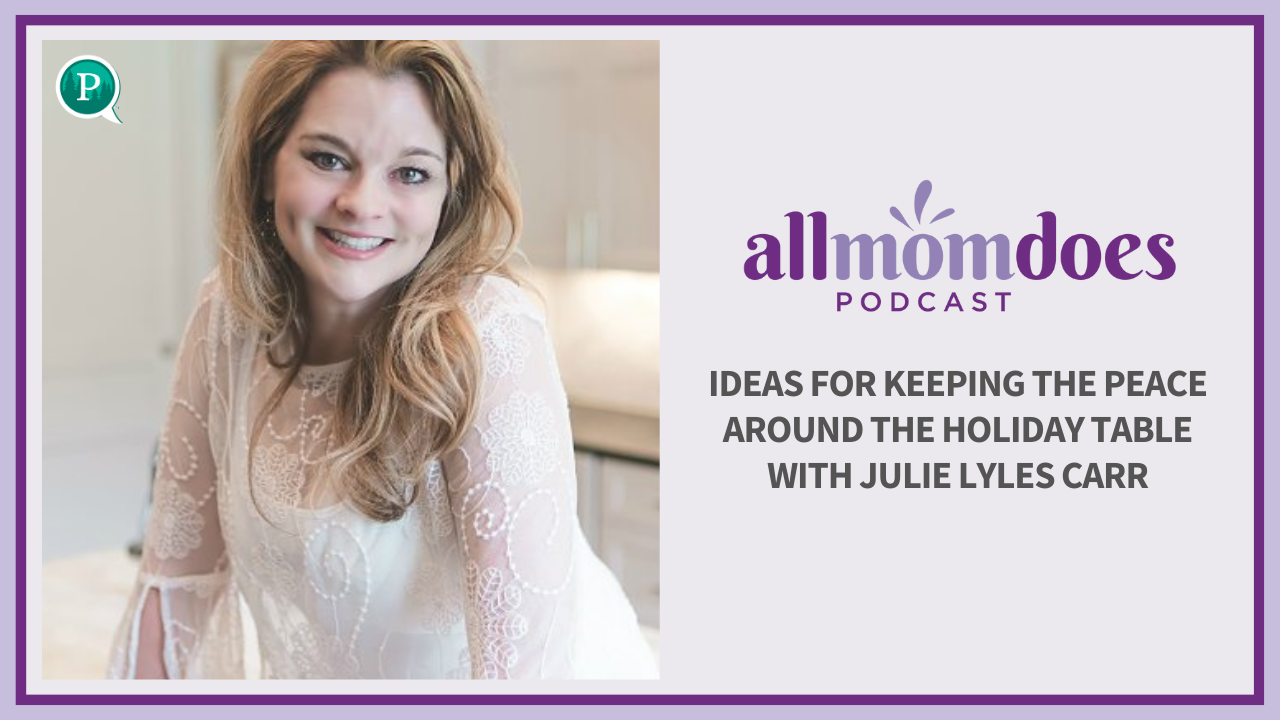We were driving home from church when my seventh child, 9-year-old Merci, piped up and said, “Well. I certainly had an interesting day at Sunday School today.”
She then proceeded to tell me about a new girl who had attended that morning. Merci is wired a lot like her extraverted daddy and likes to make new people feel welcome. She hustled over to make friends with this new girl and they sat in the same small group. And as they talked, this new acquaintance veered into several topics that would have been pretty surprising at the middle school or high school level.
And were downright shocking for an elementary school level.
As Merci recounted their conversation, I inwardly was cringing. I knew that I was now going to need to follow up with some details for Merci on topics I didn’t think we’d be covering just yet.
Now hear me: we’ve always had ‘The Talk’ with all our kids at very early ages. Some of that was a natural outcome of us being such a large family, with our kids experiencing the pregnancies and births of their siblings. And we’ve talked to our kids about addiction challenges, troubling world events, all manner of human struggle and failing. So it’s not like any of my kids would be blindsided.
But.
The struggles of this little girl were far beyond her years. And it was my little girl who heard her heart.
In Sunday School.
But where better?
I know. It feels like there should be some kind of protected place for our kids to not have to deal with the brokenness of the world, a place where a simplicity takes lead and the grittier realities of life can stand down.
But that’s not the faith I’m raising my kids in. That’s not the legacy of the Savior we follow. I’m raising them to embrace the broken, to welcome the hurting, to face unflinchingly the filthiness the enemy tries to make stick to the heart of the lost. Even in a cheerful, loud, activity-filled kids’ classroom with praise and worship music blaring.
Particularly there.
It doesn’t steal my daughter’s childhood or innocence from her, to have a conversation like she had. It prepares her. It reinforces the beauty of God’s best and exposes the cost when people don’t live in that best.
Particularly the cost to this new acquaintance and the experiences she’s endured because of the choices of others around her.
As Craig Groeschel says in his new book Divine Direction, “The church does not exist for us. We are the church, and we exist for the world.”
So.
Church doesn’t exist to protectively pamper Merci. Merci is the church. And being in the church has prepared her to be the church.
And I don’t think it’s any accident that her name is Merci.
Naively protected?
Or powerfully prepared?
I’ll take option 2, please.
Even though it sometimes makes me cringe.

















